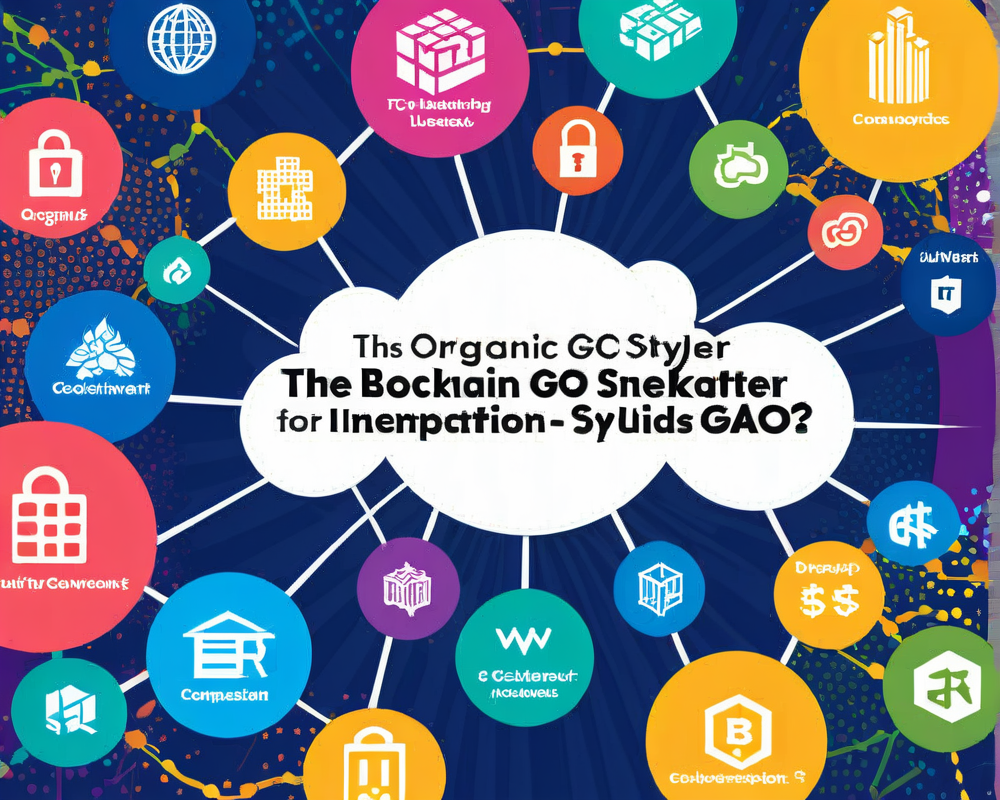Blockchain: Transforming Traditional Systems
The U.S. Government Accountability Office (GAO) recently shed light on the use of blockchain technology, revealing it has the potential to revolutionize various sectors. This technology could make processes like title registration cheaper and faster. As the GAO puts it, “A blockchain might both increase the speed of a title registry system and lower the cost of title insurance by making title registration simpler and more trustworthy.” But, as with many shiny new things, there are pitfalls and challenges. Think of blockchain as that one new gadget your friend brags about—looks great, does amazing things, but leaves you wondering if you’ll ever figure out how to use it.
Policy Options Unpacked: Four Recommendations
- Standards: Establishing common standards is crucial.
- Oversight: Regulatory frameworks can help mitigate potential legal confusion.
- Educational Materials: Providing comprehensive learning resources ensures better understanding.
- Appropriate Uses: Identifying specific areas for blockchain applications can minimize risks.
The GAO outlines four key policy options that can ease the mainstream adoption of blockchain. By setting standards, not only can we tackle interoperability issues but data security measures can also be enhanced. Would you ride a rollercoaster without safety harnesses? Exactly.
Understanding the Challenges
With great power comes great responsibility… and a few headaches. The GAO also pointed out significant roadblocks in the blockchain landscape, such as uncertain benefits and legal compliance issues. Let’s face it: what’s more terrifying than regulatory uncertainty? A haunted house! And just like a haunted house, navigating blockchain without clarity can be daunting.
Use Cases Beyond Finance
Unbeknownst to many, blockchain isn’t just for the financial sector. The GAO report also showcased various non-financial applications. The technology could redefine supply chain processes, property records management, or even voting systems. Picture a world where you can securely vote without losing your pen! Well, it’s not quite there yet, but progress is being made.
A Glimpse into Virginia’s Legislative Changes
On a legislative note, Virginia’s state Senate recently embraced innovation by approving a bill allowing banks to offer virtual currency custody services. This move indicates a significant push towards normalizing cryptocurrency within traditional banking. It’s as if that friend who bought a fancy gadget is finally letting you in on the secret. The state’s unanimous vote (39–0!) showcases a commitment to keeping pace with technological innovation.
As the blockchain narrative unfolds, the need for clarity, standards, and regulation remains crucial. After all, no one wants to be that person stuck at a party trying to explain a complex gadget without ever using it themselves.




